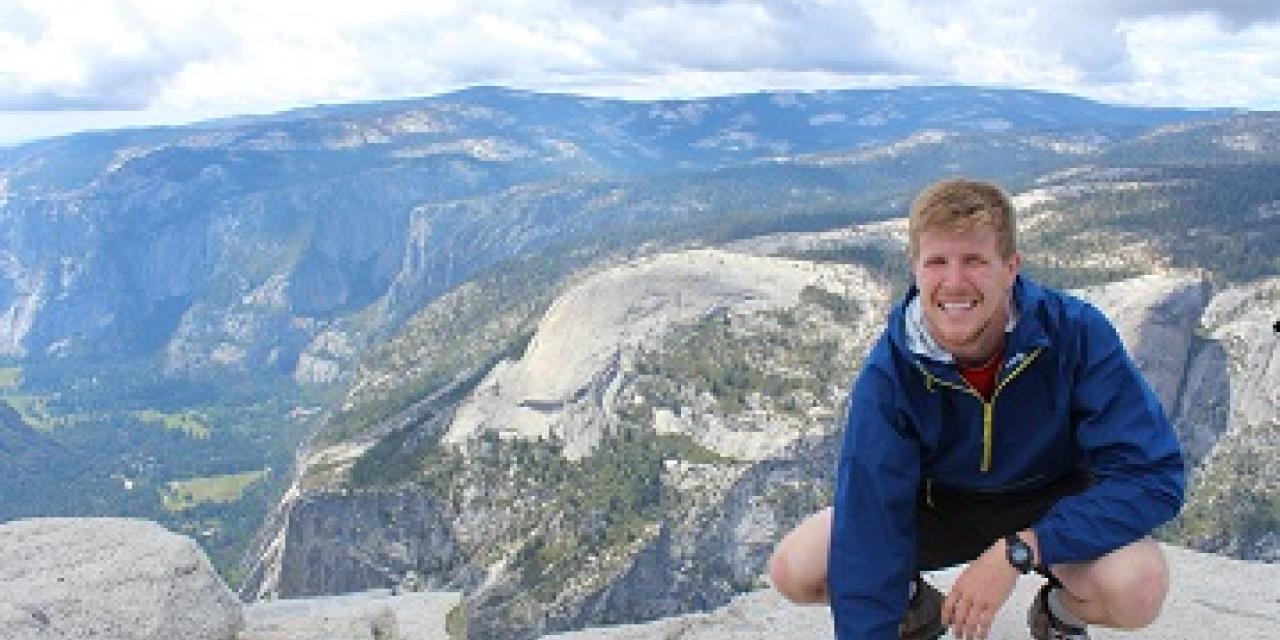Emmanuel Reformed received a Vital Worship grant in 2013 to add an ancient-future Sunday evening service to its lineup of Sunday worship. In this edited interview, based on a June 2014 panel discussion and email conversations in July 2014, Newendorp talks about how adding a service ended up renewing their whole church.
How would you describe the new service and your role in it?
Our church community is very Southern Californian, influenced by the Vineyard and Calvary Chapel movements. We wanted to regain our “Reformedness” and meet needs of people who can’t attend on Sunday mornings.
The new Sunday Night service is an ancient-future, 80-minute evening service founded on the Reformed order of worship, including weekly communion, monthly recitation of the Apostles’ and Nicene creeds, confession and assurance of pardon, and passing of the peace. I’m the Sunday Night liturgy coordinator and director of small groups. The leadership for that service is shared between me; Ken Korver, lead pastor; Mike Kim, Sunday Night director of care and outreach; and the core team, elders and deacons.
Who had you hoped to attract to Sunday Night, and who actually came?
We didn’t want to decrease attendance at other services. We wanted to reach people who can’t attend on Sunday morning because of work or club sports or who just like to free up their Sunday mornings. Our hopes matched the Sunday Night congregation fairly accurately. It has also provided a space for those congregants who were out of town for the weekend, or had other obligations, to worship with us in the evening. On the other hand, the service matches our noon service congregation in that it is made up largely of Paramount community members and has people from many different backgrounds. We celebrate this!
What helps Sunday Night worshipers get involved in fellowship and discipleship?
Each week a meal is served before the service for the worship team, between their practice time and the service. Small groups meet prior to the service. After each service, healthy snacks are made available to everyone. Although we began with more small groups, we transformed into more of a large group fellowship that would break out into small group meetings. Throughout the whole year, though, an adult “people” group and a young adults group met.
Sunday Night helped me learn how communal worship is. All the Reformed liturgy stuff was new even to some of our worship leaders, so we needed to teach about why we do it. We learned to trust people who wanted to help out. Our lay leaders were fantastic. We relied on them to love others, plan meals, lead prayers—just doing whatever was needed.
What did you see and hear that showed you that worshipers were worshiping more deeply together—as well as at work, at home, and in daily life?
One observable change was the reverence with which the congregants have treated the time of confession. You can sense a holy silence taking place in confession. Hearts and faces fill with joy, expectation and gratefulness for the gift of communion each week. Our congregation has become accustomed to silence, waiting and watching in our service. Our worship leaders and pastors have remarked on how the congregation is leaning in more for times of worship through music, as well as sacrament. Our small group leaders hear about home and daily life changes in small group discussions.
For people new to The Worship Sourcebook or Lift Up Your Hearts hymnal, how would you explain why you use these resources?
These resources provide a theological richness and depth to our service, using words of Scripture and historic Christian creeds to deepen and enlarge our faith and participation in worship. The Church, Christians, have been worshiping God and following Jesus for over two millennia. The hymns, creeds and confessions we use are an expression of how our present story fits within the larger story of Christianity and the Church throughout time. We’re learning how an entire service can help communicate the theology of the sermon. Connecting our call to worship, our confession, our creed and our songs helps shape a deeper understanding of the spoken word.
Do you or other worship leaders generally include any “in between words” to point out a theological element?
Our worship leaders do provide "in between words” regarding the theology of the song. The presider for that evening’s worship leads the congregation in liturgies, directs the flow of worship and is responsible for tying together what we say, sing and believe. We think of the songs, liturgies, creeds, confessions, word and sacrament as the bricks of our service. Our worship leaders and presiders are responsible for the mortar to fill in the gaps and connect everything.
Which elements of Sunday Night services are renewing which parts of which Sunday morning services?
The most consistent and visible change is that the time of confession (call to confession, corporate confession, silent confession and assurance of pardon) is becoming a part of our Sunday morning services on a weekly basis. The Sunday morning worship leaders have adopted this practice and are excited about its integration. They’re also incorporating other liturgies from The Worship Sourcebook. Some of our morning services were already singing hymns, but perhaps the meaning and depth behind these hymns and their “sung theology” is being recaptured through the thoughtfulness of the Sunday Night service.
Some people new to our church because of Sunday Night have also attended in the morning. They questioned why communion was not served on a weekly basis in the morning, because they appreciate this time of contemplation and active participation in worship.
| Explore The Worship Sourcebook and Lift Up Your Hearts hymnal, two resources that Sunday Night worship leaders rely on for crafting ancient-future worship |

